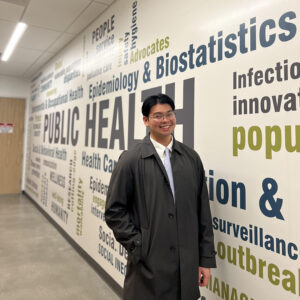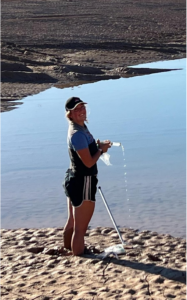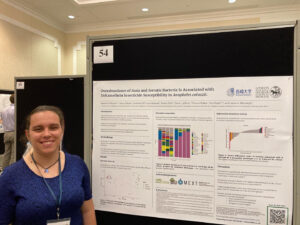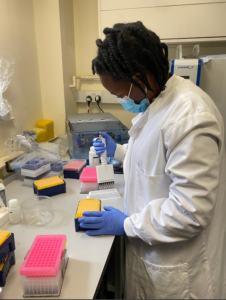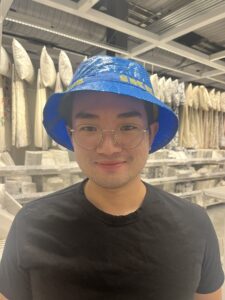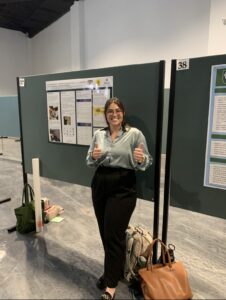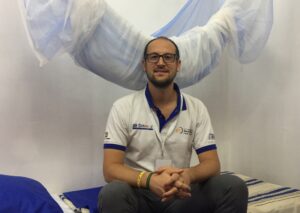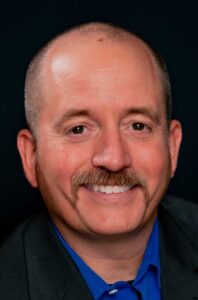Karen Lorena Figueroa Chilito (PhD, UNLV)
Doctoral Student
Karen is a doctoral student in Public Health at the University of Nevada, Las Vegas (UNLV), with a concentration in Global and Environmental health. She's currently a graduate research assistant in the ParaVec Lab, where she works on projects related to mosquito surveillance and disease research under the guidance of Dr. Louisa Messenger and Dr. Chad Cross.
Karen has a bachelor's degree in Economics from Universidad Nacional de Colombia and a Master's degree in Data Science from the University of Texas at Austin, where she developed her passion for using Machine Learning to solve real-world problems in diverse topics but especially in vector-borne diseases. She is interested in developing innovative data-driven solutions to address mosquito-borne diseases, such as malaria, dengue, leishmaniasis, and chikungunya, which disproportionately affect marginalized populations in low- and middle-income countries.
Beyond her academic and research commitments, Karen enjoys spending time with her dog, Robbie, hiking in the desert, and dancing salsa. She also loves art, sketching, painting, learning about astronomy, developing her programming skills, and visiting natural reserves.




